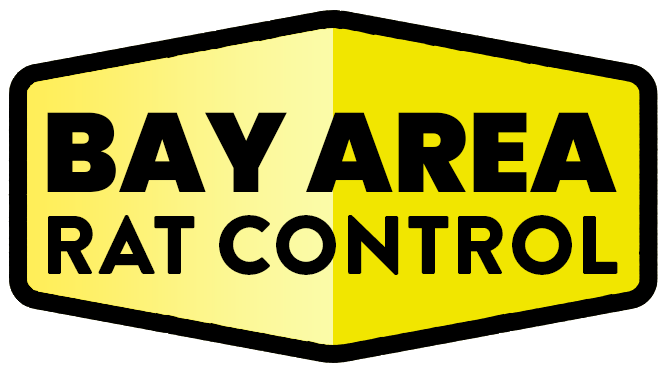Opening Thoughts
Preventing rat infestations requires more than occasional pest control; it demands regular maintenance and proactive care of your property. Neglecting small issues, like a leaky pipe or an unsealed crack, can quickly turn into an open invitation for rats. This article explores the critical role of maintenance in keeping rats at bay and provides actionable steps to ensure your property remains rat-free.
Why Maintenance Matters in Rat Prevention
1. Eliminates Entry Points
- Rats can squeeze through gaps as small as ½ inch.
- Regular inspections and timely repairs close off these access points, preventing entry.
2. Reduces Attractants
- Maintenance eliminates the food, water, and shelter that rats seek.
- Proper upkeep ensures sanitation and removes potential nesting sites.
3. Protects Against Structural Damage
- Unaddressed issues like damaged walls or gnawed wiring can worsen over time.
- Regular maintenance prevents minor damages from becoming major repairs.
Key Maintenance Practices for Rat Prevention
1. Inspect and Repair Vulnerabilities
- Walls and Foundations:
- Look for cracks, holes, or gaps in walls and foundations.
- Seal these openings with durable materials like cement, steel wool, or caulk.
- Doors and Windows:
- Install door sweeps to seal gaps beneath exterior doors.
- Repair broken screens and use weatherstripping to block drafts and rat entry.
- Utility Lines and Vents:
- Inspect areas where pipes and cables enter the property.
- Cover vents and utility openings with metal mesh.
2. Address Water Issues
- Leaky Pipes and Faucets:
- Fix leaks promptly to prevent standing water, which attracts rats.
- Gutters and Drainage:
- Clean gutters regularly to avoid water buildup.
- Ensure downspouts direct water away from the foundation.
3. Maintain Outdoor Areas
- Trash and Recycling:
- Use sealed, rat-proof bins for waste disposal.
- Schedule regular trash pickups to avoid overflow.
- Landscaping:
- Trim shrubs, bushes, and tree branches that touch the building.
- Remove piles of debris, firewood, or yard waste that can serve as nesting sites.
4. Conduct Routine Cleaning
- Interior Cleaning:
- Sweep, mop, and vacuum regularly to remove crumbs and food residue.
- Clean under appliances, inside cupboards, and in hard-to-reach areas.
- Communal Spaces (for apartments or businesses):
- Pay special attention to kitchens, break rooms, and storage areas.
- Establish cleaning schedules and ensure compliance.
5. Monitor for Signs of Activity
- Look for:
- Droppings, gnaw marks, or greasy trails.
- Unusual noises, such as scratching or scurrying.
- Use monitoring tools like traps, tracking powder, or motion-sensor cameras in high-risk areas.
Preventive Maintenance Tips
1. Create a Maintenance Schedule
- Regularly inspect your property, ideally every three to six months.
- Address seasonal vulnerabilities, such as sealing drafts in winter or clearing debris in spring.
2. Train Staff or Residents
- For multi-unit housing or businesses, educate occupants about their role in maintaining cleanliness and reporting issues.
- Provide clear instructions on waste disposal, cleaning expectations, and recognizing pest activity.
3. Work with Professionals
- Partner with pest control experts for regular inspections and preventive treatments.
- Hire licensed contractors to address structural repairs and ensure long-term solutions.
The Consequences of Neglecting Maintenance
1. Higher Costs
- Small problems, like a crack in the wall, can lead to major infestations requiring expensive extermination and repairs.
- Rats can cause significant damage to wiring, insulation, and plumbing, resulting in costly fixes.
2. Health Risks
- Poor maintenance increases the likelihood of rats contaminating food and water sources, spreading diseases like hantavirus and salmonella.
3. Property Damage
- Rats chew on wood, drywall, and wiring, compromising structural integrity and increasing fire risks.
Final Thoughts
Maintenance is the foundation of effective rat prevention. Regular inspections, timely repairs, and proactive care can save property owners significant time, money, and stress. By prioritizing maintenance, you create an environment that is not only unattractive to rats but also safe and comfortable for residents or occupants.
Relevant Links/Sources:
Maintenance Tips for Pest Prevention – EPA
How Routine Repairs Prevent Rats – CDC
Pest Management and Property Maintenance – PestWorld
